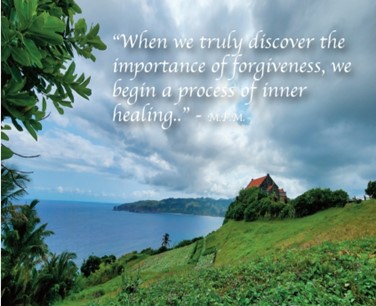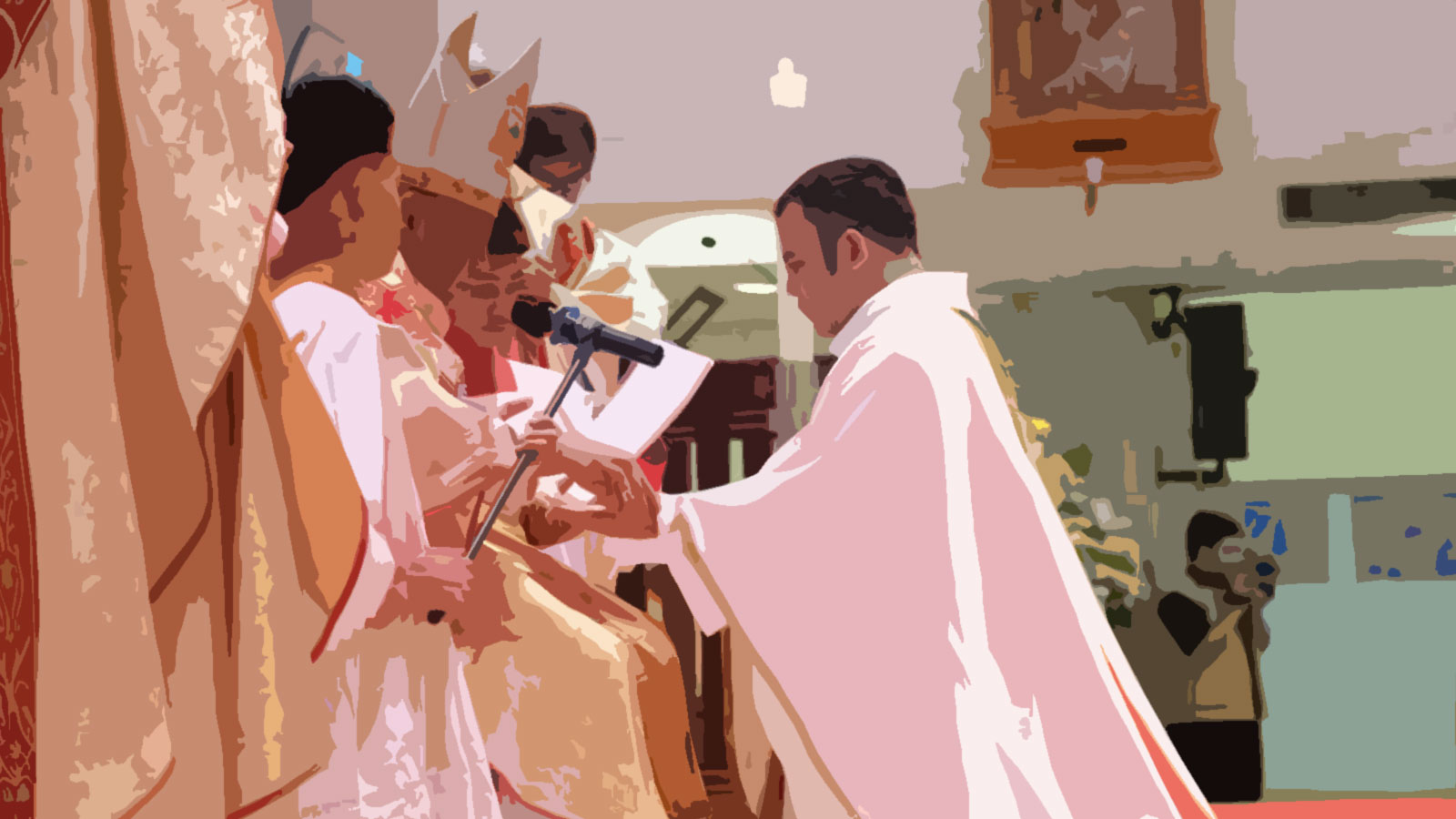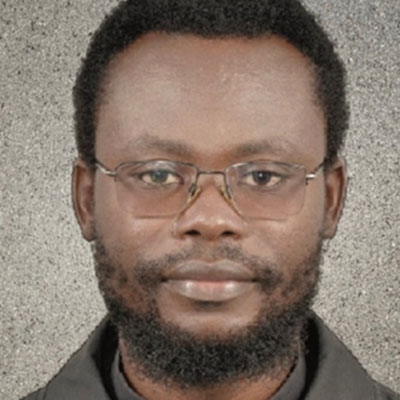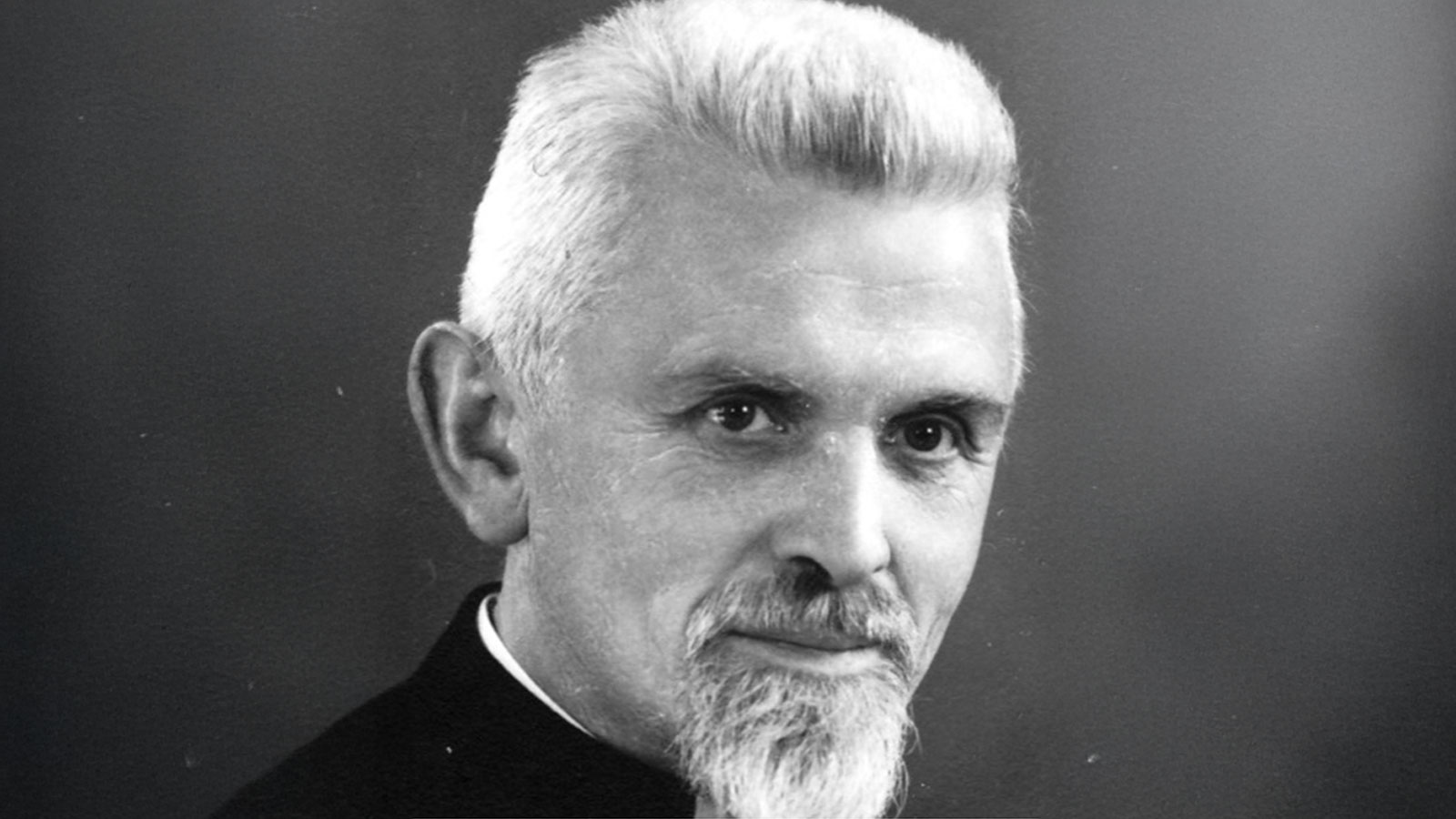
Márcio F. Martins, cicm
General Councilor
“Forgive us our trespasses: grant us your peace” is the theme chosen by Pope Francis for the World Day of Peace, traditionally celebrated on the first day of the year. This theme aligns with the 2025 Jubilee and is a call for conversion and renewal for the Universal Church. I find this a relevant and thought-provoking theme, considering various conflicts among nations, the aggravation of poverty, the indifference towards immigrants, and the alarming ecological issues.
We have repeatedly affirmed that Justice, Peace, and the Integrity of Creation (JPIC) are integral elements of our mission. Like most religious missionaries, we are trying our best to address situations of injustice and poverty by promoting people's lives and dignity. Considering the valuable JPIC works of many confreres and in the spirit of Pope Francis' message for World Day of Peace, I will share my reflection.
The Gospel and Pope Francis's message for the 2025 World Day of Peace link forgiveness and peace. These two essential Christian values are inseparable. We do not have to try hard to conclude that real peace is almost absent where forgiveness does not exist. People who live in a permanent state of conflict, whether with themselves or someone else, are unlikely to enjoy peace. Consequently, building peace begins with forgiveness. The peace we all desire requires openness and willingness to forgive oneself and others. Therefore, forgiveness is the path towards reconciliation and peace.
Peace is a gift from the Lord himself. The Risen Christ, approaching his disciples, greeted them with words of peace. "Peace I leave with you; my peace I give to you." (John 14:27). Upon breathing the Spirit on his disciples, the Lord grants them peace and invites them to forgive one another. "Peace be with you! As the Father has sent me, I am sending you." And with that he breathed on them and said, "Receive the Holy Spirit. If you forgive the sins of any, they are forgiven them; if you retain the sins of any, they are retained." (John 20:21-23).
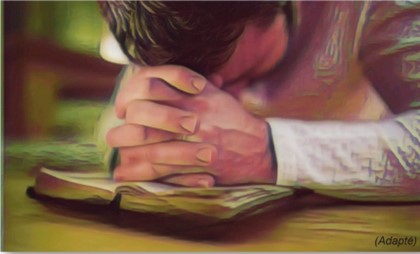
There are many concrete life realities where we can find how forgiveness and peace are intrinsically related. Each person, community, or society has their moment to forgive. Forgiveness, reconciliation, peacebuilding, and dialogue cannot be forced or imposed. Sometimes, it takes time. Some sensitive situations require patience, prayer, and openness of heart and mind to reach forgiveness. I highlight briefly three realities in which forgiveness and peace can be experienced:
1. Forgiving oneself and having peace within oneself.
2. Forgiving the other and building a community of peace.
3. Being forgiven by the Creator and reconciling with Creation.
Forgiving oneself and having peace within oneself is a desire of most people. Who has never been hurt? Who has never hurt anyone? Whether as a victim or as an offender, if we do not experience forgiveness, it will be difficult for us to achieve reconciliation and peace. The Lord invites us constantly for a sincere conversion. We are asked to remove our "masks," face our "dark side," be humble, recognize our human fragility, and seek the Lord's merciful love. These are essential attitudes in every person's life, much more so for religious missionaries who are expected to be ministers of peace and reconciliation, builders of peace, and promoters of JPIC. In fact, as religious missionaries, we can hardly talk about forgiveness and peace to others if we do not live them. We could talk about it, but we would not know from experience what we are discussing.
Denial of our wounds and the offenses we have caused in others hinder forgiveness. The wounds someone carries can be so profound that denial becomes constant, and true conversion and growth are almost impossible. It becomes very challenging to talk about reconciliation when people do not recognize the wounds they have caused in the lives of others. Arrogance, craving for power, fear, and insecurity are some reasons that can block forgiveness and reconciliation and the achievement of peaceful and just relations.
Sometimes, we lack an understanding of what it means to forgive. Pope Francis elucidates in Fratelli Tutti: “Forgiving does not mean forgetting. Or better, forgiveness is still possible in the face of a reality that cannot be denied, relativized, or concealed. In the face of an action that can never be tolerated, justified, or excused, we can still forgive. In the face of something that cannot be forgotten for any reason, we can still forgive. Free and heartfelt forgiveness is something noble, a reflection of God’s infinite ability to forgive. If forgiveness is gratuitous, it can be shown even to someone who resists repentance and cannot beg for pardon.” (FT 250).
Forgiving the other is an essential step towards building a community of peace. We begin the year praying for peace. It is heartbreaking to watch on TV the ongoing wars in Ukraine, Palestine, and many other parts of the world. Though distant, those violent and bloody images on television are distressful. However, we do not need the TV to know about the brokenness of the “human family”; we do not need to go far to notice the consequences of division, violence, and indifference. Sometimes, these situations are closer than we can imagine, and we, as religious missionaries, are expected to do something.
The Spirit imbues in us the capacity to forgive and reconcile, to build peace and justice. I believe that when we can forgive ourselves, we can also forgive others, and much more, we can animate others to forgive. The Acts of the 16th General Chapter quoted our General Superior’s report, when he “exhorted all the confreres to continue seeking conversion towards an authentic witnessing to the Gospel wherever we are sent.” I believe that, even though it is difficult, the practice of forgiveness is a concrete way of witnessing the gospel in a changing world.
Further, the Acts of the 16th Chapter warns us about some attitudes hindering us from being authentic witnesses of the Gospel. “Conflicts related to the evangelical counsels (vows), pride, authoritarianism, suspicions, and lack of trust are weakening our witnessing in mission.” (16th CICM Chapter p. 15). Much more is expected from us, religious missionaries, agents of reconciliation, and builders of peace. We cannot ignore the seriousness of this call from the Lord to witness the Gospel and to be agents and promoters of forgiveness and builders of peace. The 16th General Chapter beautifully states that reconciliation is a missionary task (p. 15). Are we ready to embrace this missionary task?
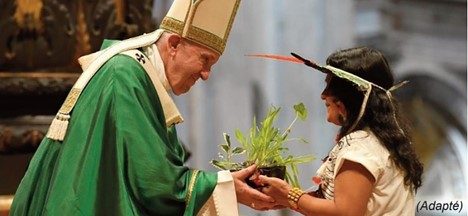
Being forgiven by the Creator and reconciling with Creation is our greatest hope. The Lord can heal our broken hearts, amend our brokenness, and make us new. That is one of the most essential sources of consolation and strength. In Jesus and God’s merciful love, we can experience inner peace and see it flourishing in us. In Fratelli Tutti, Pope Francis reminds us that “Jesus never promoted violence or intolerance. He openly condemned the use of force to gain power over others.” (FT 238). Referring to Saint Francis, the Pope said that the Saint of Assisi “did not wage a war of words aimed at imposing doctrines; he spread the love of God. He understood that “God is love and those who abide in love abide in God.” (1 Jn 4:16)” (FT 4).
The Letter of Paul to the Colossians beautifully addresses reconciliation with the Creator and his Creations. “For in him all the fullness of God was pleased to dwell, and through him to reconcile to himself all things, whether on earth or in heaven, making peace by the blood of his cross” (Col 1:19-20). In Laudato Si, Pope Francis reminds us that “a healthy relationship with creation is one dimension of overall personal conversion, which entails the recognition of our errors, sins, faults, and failures, and leads to heartfelt repentance and desire to change.” (LS 218).
It is taking a long time for humanity to recognize that it is simply a part of creation. Humankind seems not to acknowledge that it needs to interact with creation respectfully, not in harmful and exploitative ways. “When we speak of the ‘environment, ‘what we really mean is a relationship existing between nature and the society which lives in it. Nature cannot be regarded as something separate from ourselves or as a mere setting in which we live. We are part of nature, included in it and thus in constant interaction with it.” (LS139).

Everyone wants to start a new year with lightness of spirit, renewed faith, and peace with themselves, others, and the creator. No one wants to move forward with hate, resentment, and indifference in his heart. Peace and justice will not be achieved if prejudices, intolerance, and manipulation are present in our relationships with others. So, courage! May we take the necessary steps towards forgiveness, reconciliation, dialogue, and the construction of peace and justice?
When we truly discover the importance of forgiveness, we begin a process of inner healing. We avoid carrying the weight of hate and negative feelings that close our eyes to real inner peace. We unload the heaviness in our hearts and souls when we forgive ourselves and others. Peace does not exist when people from different nations and cultures do not forgive each other. Forgiving, therefore, becomes the most viable path, necessary, and essential to building true peace. And so, I end my reflection quoting the powerful and challenging words of Pope Francis:
“In today’s world, the sense of belonging to a single human family is fading, and the dream of working together for justice and peace seems an outdated utopia. What reigns instead is a cool, comfortable and globalized indifference, born of deep disillusionment concealed behind a deceptive illusion: thinking that we are all-powerful, while failing to realize that we are all in the same boat. This illusion, unmindful of the great fraternal values, leads to “a sort of cynicism. For that is the temptation we face if we go down the road of disenchantment and disappointment... Isolation and withdrawal into one’s own interests are never the way to restore hope and bring about renewal. Rather, it is closeness; it is the culture of encounter. Isolation, no; closeness, yes. Culture clash, no; culture of encounter, yes.” (FT 30).
